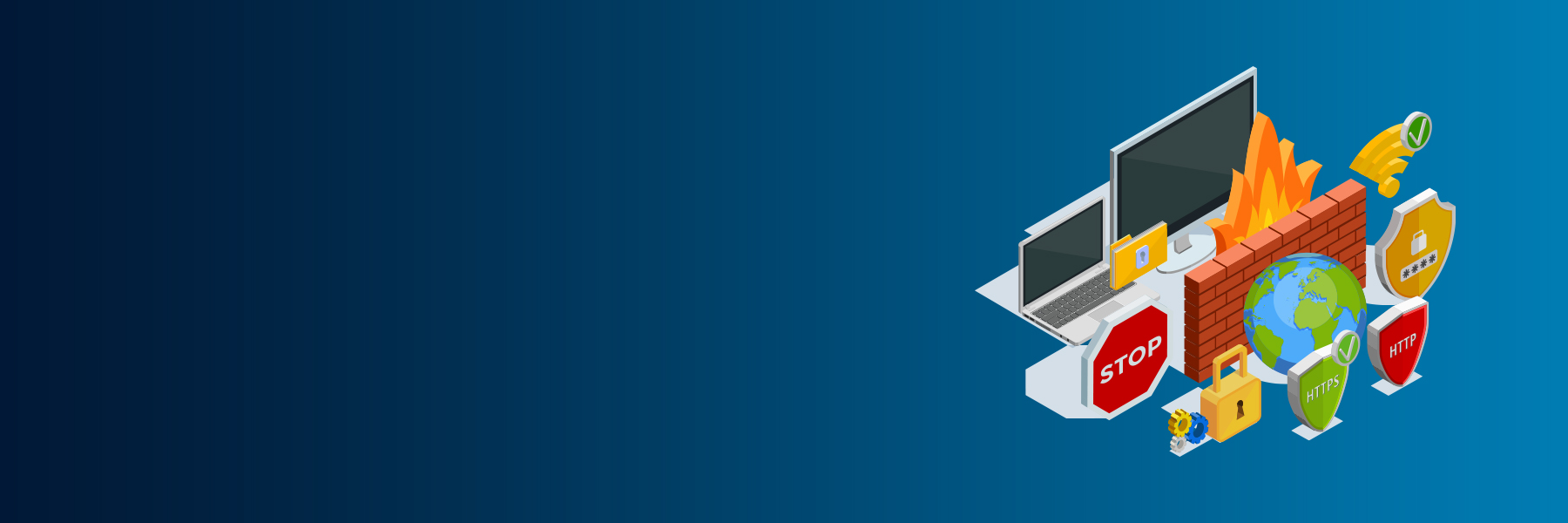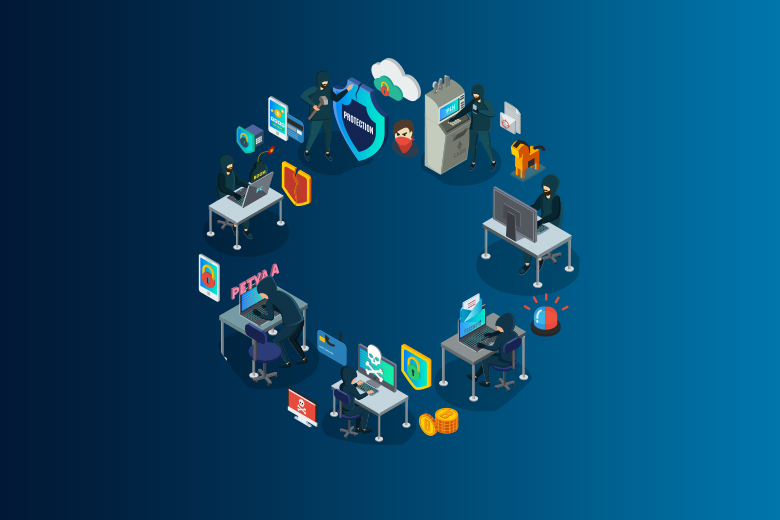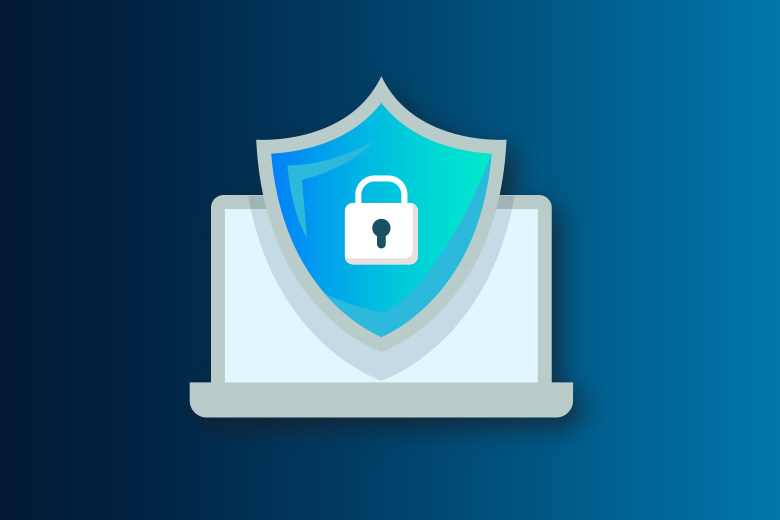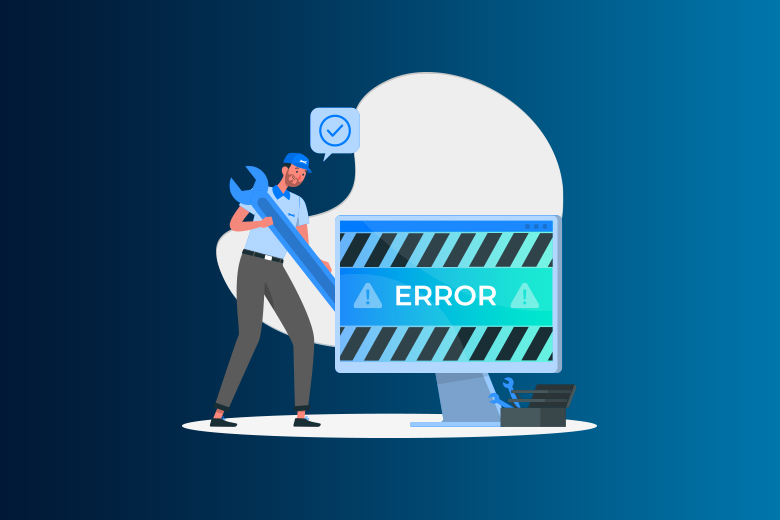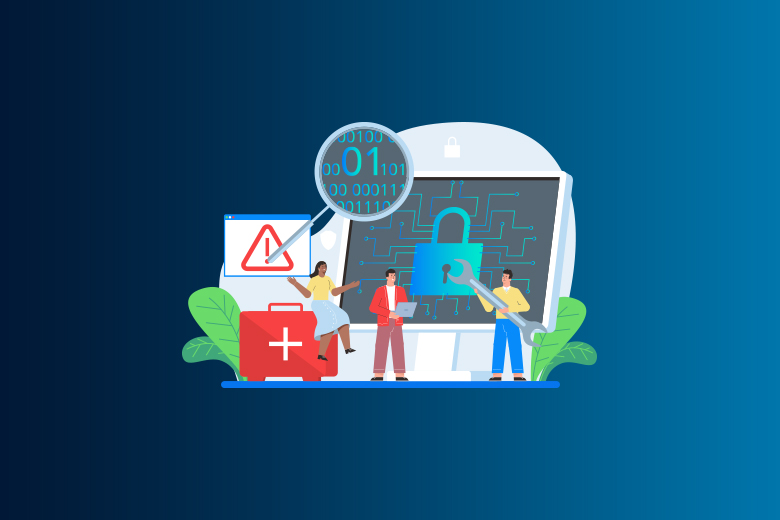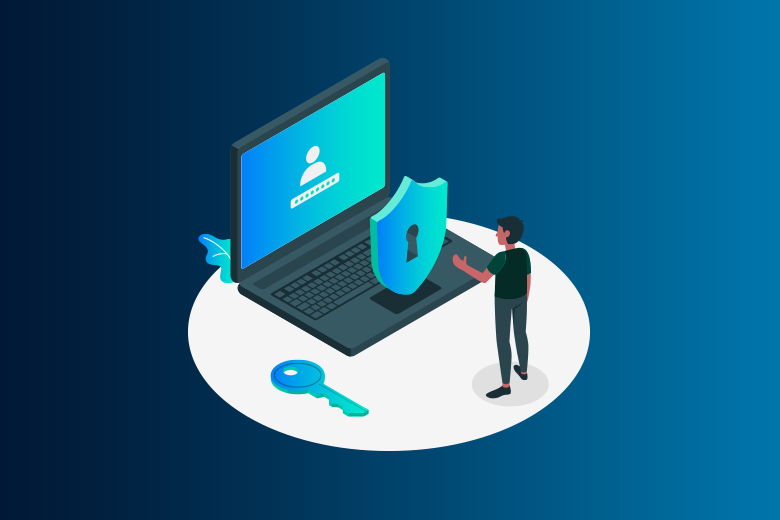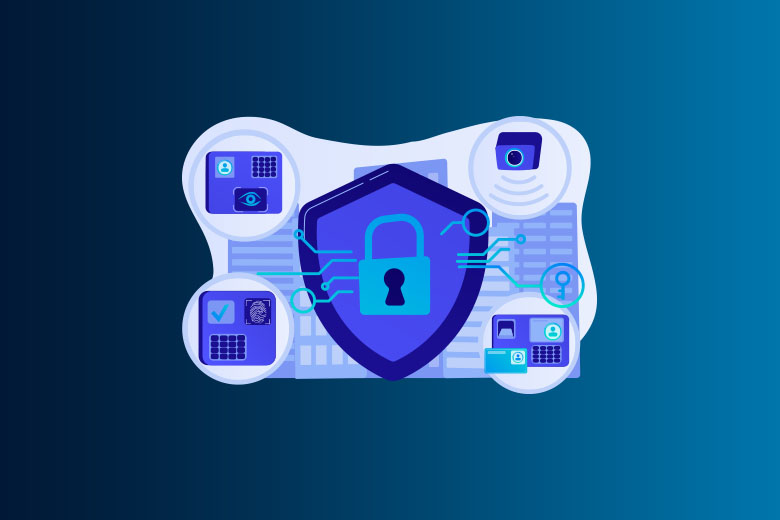13 October 2023
SafeAeon Inc.Imagine you're the captain of a grand ship, and your firewall is the intricate lock system protecting your treasure. While the ship sails through tumultuous waters filled with pirates and storms (akin to cyber threats), it's the locks (firewall rules) that decide what gets in and what stays out. But here's the catch—locks can rust, become outdated, or even be picked! Just as you'd upgrade your locks or adjust the combinations, in the vast digital sea, your firewall rules need regular refining. You wouldn't want unwanted guests accessing your treasure, would you? So, let's embark on this voyage to discover the art and science of defining and editing firewall rules, ensuring our treasure remains unscathed.
A firewall is a network security device or software designed to monitor, filter, and control incoming and outgoing network traffic. Essentially, it acts as a barrier between a trusted internal network and untrusted external networks, such as the Internet. A firewall establishes a blockade to protect networks from potential threats or malicious software (malware) from outside intruders. Let's find out how this shield works!
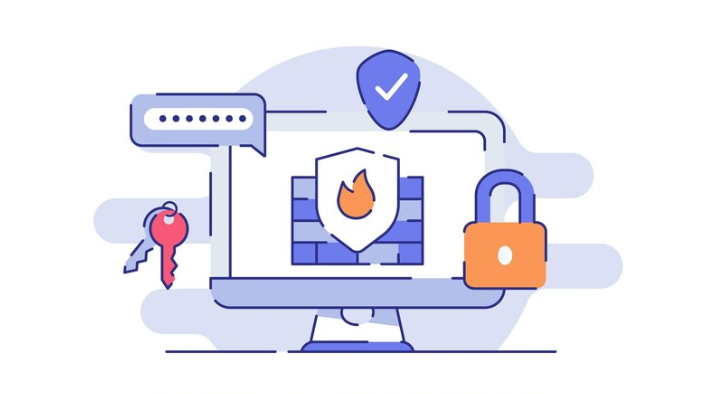
Firewall: The Guarding Shield
- Think of the firewall as a big magic gate around your devices. This gate decides who gets in and who stays out.
Checking Everyone at the Door
- The firewall looks at every piece of information (or data) trying to come in or go out. It's like the firewall asks, "Who are you? Are you device-friendly or foe?"
Setting Up Rules
- Firewall can differentiate between genuine traffic and malicious actors with the help of pre-configured rules set up by you or your IT team
How Does the Firewall Know?
- When a visitor comes, the firewall looks at where they're coming from, where they're going, and what messages they bring.
Different Types of Shields!
- There are different types of firewalls. Each has its special way of working, but all of them are there to protect your magical kingdom from harm.
The Most Adequate Ways To Build Firewall Effective:
We don't want strangers to come inside, right? That's where a firewall is like our house's front door. But we need to make sure that door is super strong! So, let's find out how to do that.
- Making the Rules!
- Think of this as setting rules for who can come to your house. Some friends can come anytime, some maybe only on weekends. Similarly, your computer team can set rules for what kind of internet stuff can come in or stay out.
- Who's Allowed and Who's Not?
- Imagine you have a guest list for a party. Only those on the list can come in! That's like an "access control list" for your computer. It says which computers can talk to yours and which cannot. Make sure your computer team knows all the good guest's names!
- Keeping an Eye Out!
- Just like you might peek out of your window to see who's at the door, we need to watch the traffic coming into our computer. If we see something fishy, like someone not on our guest list, we can stop them!
- Having Special Guards!
- Some tools act like special guards or watch-dogs for our computer house. One is called EDR; it's like a guard dog watching who connects to your computer. Another one is Anti-virus, like a robot that keeps away internet germs. Together with our door (firewall), they make our house super safe!
- Using a Secret Tunnel!
- A VPN is like a secret tunnel. If you use this, you can go out on the internet in disguise! It's like wearing a cool mask and cape so no one knows it's you. This way, your computer stays extra safe.
What are the Different Types of Firewall Rules?
- Access Rules: They decide which data can come in and out based on details like addresses or port numbers.
- NAT Rules: These change addresses from one network to another. It helps in directing traffic and keeping the private network safe.
- Stateful Packet Filtering: This rule checks each data packet. It remembers past data and uses that memory to decide on new data.
- Application Gateways (Proxy Servers): These are like ticket counters. They stand between the internet and our network and decide who can pass.
- Circuit-Level Gateways: They check and decide on data based on some pre-set rules. Think of them as special filters.
Remember, firewalls are crucial, but they need clear and updated rules to work best. By understanding and adjusting these rules, we can have a strong shield against online dangers.
Understanding Firewall Rules and Best Practices for Implementation
Imagine a line of security guards at a concert. They have a list of people allowed inside and a list of banned items. Firewall rules work similarly, but for computer networks. They have a set of rules to decide which data to allow or block.
- Document Everything: Keep a diary of all the rules. This helps the tech team to know why a rule was made and if it's still needed. Think of it as a rule book that's always up-to-date.
- Always Be Cautious: Start by blocking everything. Then, only allow what's safe. It's like locking all the doors and only opening for friends.
- Keep An Eye On Logs: Logs are like security camera footage. By watching them, we can spot strange activities and keep the network safe.
- Group Similar Rules: Make groups of rules that do similar things. It's easier to manage and runs faster!
- Control Applications: Only let certain apps and services use the network. It's like a special club where only members can enter.
- Use a Watch Mode: Before making a rule, watch the network traffic. Spot the good and bad data, then make the rules.
- Give Minimum Access: Only let people do what they need to. If they don't need to use something, block it.
- Clean Up: Sometimes, old rules aren’t needed. Regularly check and remove them.
- Review Regularly: Safety threats change. Review and change the rules to stay safe.
- Block Risky Ports: Think of ports like doors. Some doors are often used by thieves. So, it's a good idea to keep them locked.
When making firewall rules, the checklist suggests this order:
- Anti-spoofing filters - Filters that stop fake addresses, especially private or internal ones that shouldn't come from outside.
- User permit rules - Rules that let users do certain things, like “HTTP” accessing a public website.
- Management permit rules - Rules that manage the system, like “SNMP” connecting to a network server.
- Noise drops - Remove unnecessary noise or chatter from networks.
- Deny and alert - Send a warning when there's weird traffic.
- Deny and log- Keep a record of any other traffic to check later.
5 major reasons to make a firewall effective you need to define/edit:
1. Proper Traffic Control
At its core, a firewall is like a traffic cop, guiding and monitoring the flow of data into and out of a network. Properly defined rules are essential for discerning which data packets are friendly and which could be malicious.
2. Protection Against Threatsl
The world of cybersecurity is not static. New threats, from advanced viruses to sophisticated phishing techniques, emerge daily. Existing firewall rules may not always be equipped to tackle these new threats.
3. Resource Efficiency
Inefficient or overly broad firewall rules can waste system resources. By defining precise rules and editing them for specificity, firewalls can operate more efficiently, saving both processing power and time.
4. Ensuring Compliance
Many businesses operate under regulatory frameworks that mandate specific security standards. Industries like finance, healthcare, and e-commerce, to name a few, have stringent cybersecurity regulations.
5. Optimized Network Performance
Beyond just security, firewall rules can also affect network performance. Regularly reviewing and defining rules can ensure that all applications have the necessary access to function at their best, thus optimizing the overall network performance.
Conclusion:
Sailing through the cyber realm with SafeAeon, we've navigated the vast expanse of firewall rules, understanding their nuances and their significance in our digital journey. Like a seasoned sailor adjusting the sails to the ever-changing winds, we must tweak and tune our firewall rules, ensuring they're apt for the current cybercrime. Remember, your digital ship's strength isn't just in its sturdy build but in the ever-evolving protection mechanisms guarding its treasure. So, as you continue your journey in the digital sea, keep your firewall rules sharp, updated, and ready to face any cyber storm that comes your way. Safe sailing!
